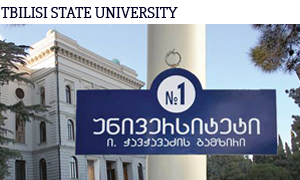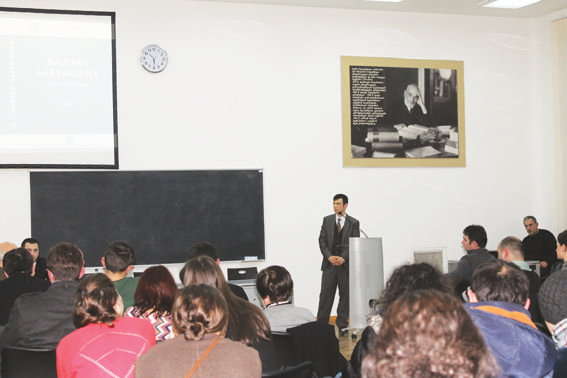
Journal Number: 6
In Georgia, the new Labor Code came into force in 2006 after several years of floundering without any theoretical principles. There were no legal bases for employment law nor was any significant education offered in the field. In the beginning, employment law was a compulsory discipline in higher educational institutions for legal studies, yet professors had no educational materials except for the legal code and a few articles.
The TSU Faculty of Law continuously analyses global theoretical and practical issues, to adapt and apply these analyses to the Georgian economic and legal context. Several research institutes within the faculty collaborate in these efforts, targeting specific legal issues. One that stands out through its research is the Institute of Corporate, Bank and Economic Law, which has recently begun a new study entitled “A General Analysis of Corporate Governance’’ led by Assistant Professor at the TSU Faculty of Law, Dr. Giorgi Makharoblishvili. The research examines the fundamentals of corporate law and issues of corporate governance. This project was conceived in 2012 when it became obvious that there was a lack of relevant Georgian legal literature. In addition to this, an analysis is essential since corporate governance is highly complex and multidimensional, and of crucial academic significance. Research results have already shown the value of this work and are making a modest contribution to Georgian legal knowledge.
Today criminal law does not only include national law--in the struggle against international and transnational crime criminal law has become a supranational legal mechanism for crime prevention and human rights. These are the conclusions of research carried out by Dr. Merab Turava, Professor of Law, with support from the Alexander von Humboldt Foundation. In order to conduct research in international and European criminal law, he visited the Scientific Research Institutes of the Faculties of Law at the University of Humboldt in Berlin, the Albertus Magnus University of Cologne and the Friedrich Schiller University of Jena.
The Institute of Gender Studies was created in 2012 as a supplementary educational unit of Tbilisi State University. It provides administrative and general support for existing academic programs and research projects on gender issues.
The aims of the Institute of Gender Studies include the development of gender related interdisciplinary research and studies; creating an institutional platform for academic personnel and PhD students working on gender issues; integrating gender-related subjects into the university educational programs and research; and raising public awareness of gender inequalities and how to resolve them, especially targeting university students, professors, administrative personnel and society at large.







